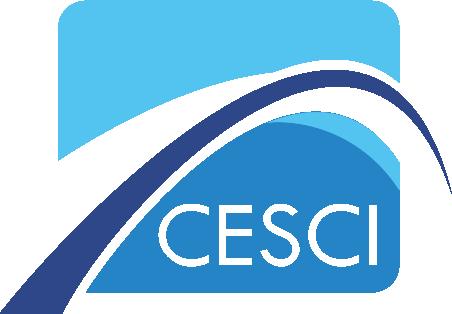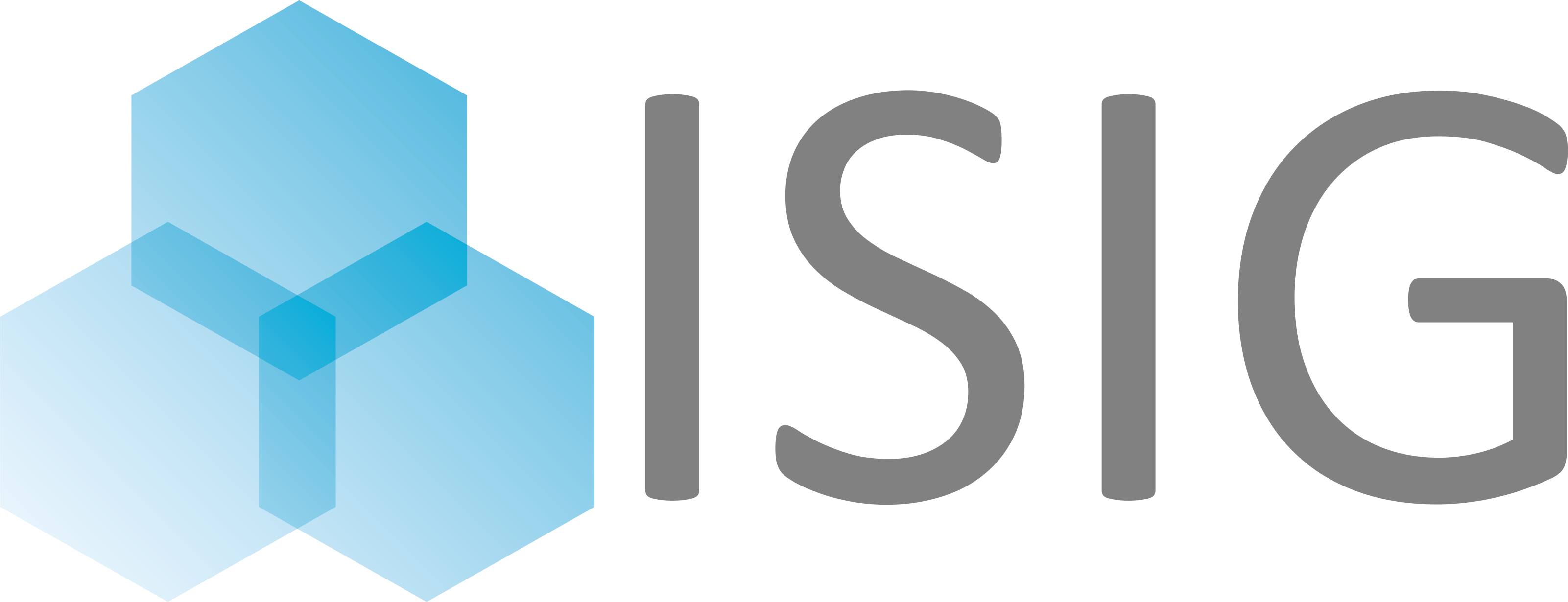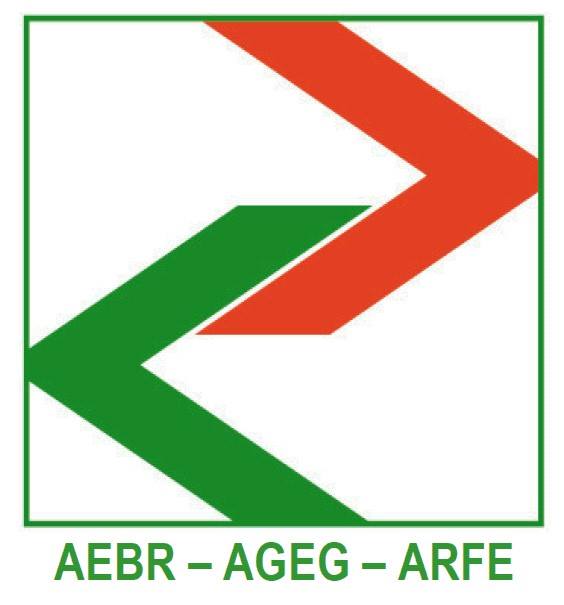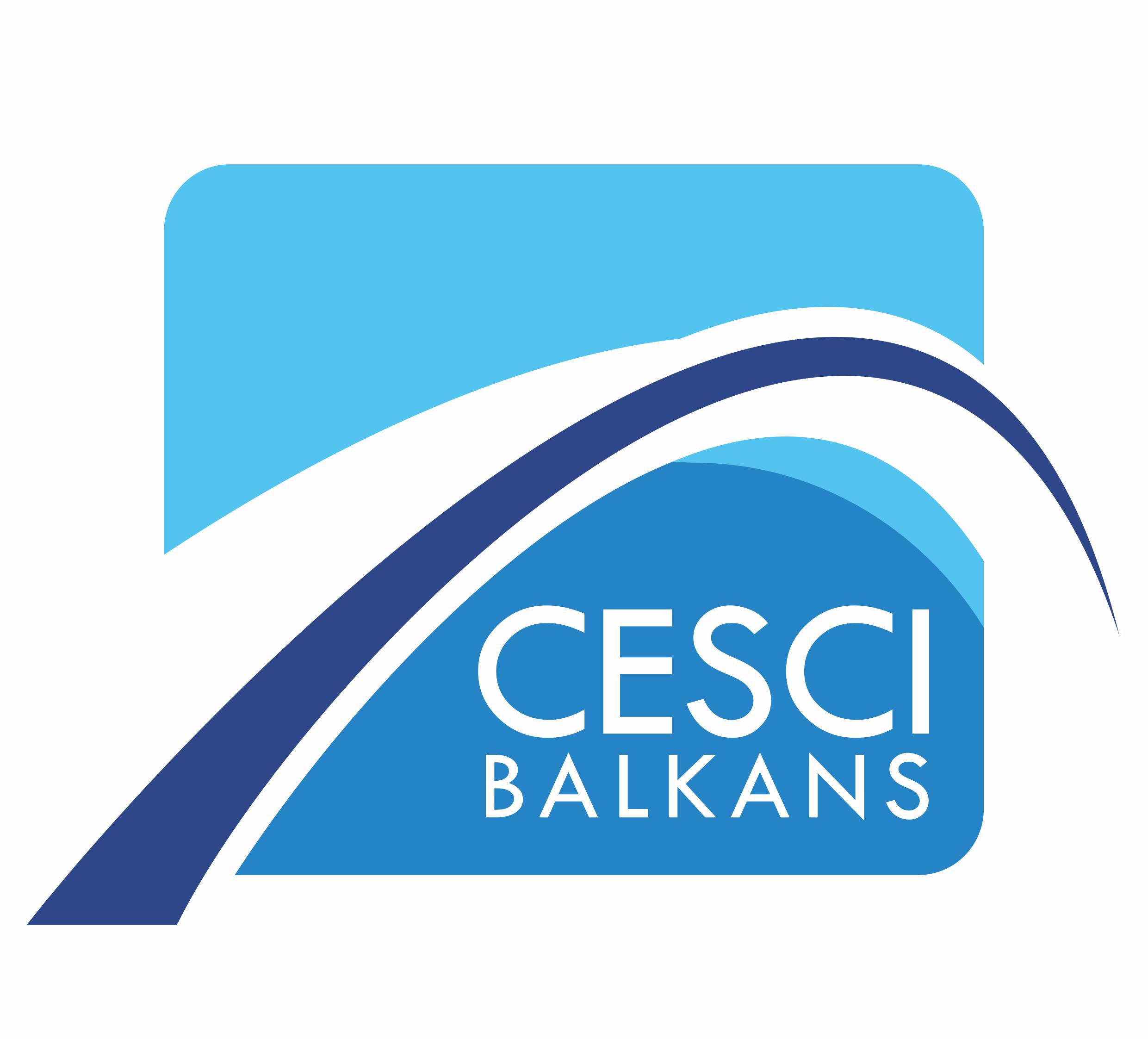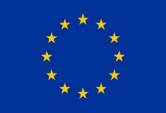
The “Green and Smart Ports” workshop was held on 16 October 2025 in Trieste, at the Friuli Venezia Giulia Presidency Building. The event brought together a diverse group of participants—ranging from port authorities and academic institutions to European bodies, regional administrations, training centres, and research organisations—to discuss how innovation, coordinated policy efforts, and targeted skills development can accelerate the move toward sustainable and energy-efficient port systems.
Organised by the Central European Initiative (CEI) in collaboration with the Friuli Venezia Giulia Region, and coordinated under EUSAIR Pillar II – Transport and Energy, the workshop served as a forum for exchanging ideas and identifying strategies to build greener, smarter, and more resilient port systems within the EUSAIR framework. The discussions placed particular emphasis on education and the training of skilled professionals as key enablers of this transformation.
Throughout the sessions, participants examined the many facets of the green transition in EUSAIR ports—from technological innovation and investment priorities to the alignment of workforce skills. A clear message emerged: the energy and digital transitions cannot succeed without a corresponding human transition. This requires the development of new competencies, the creation of innovative partnerships, and the adoption of adaptive governance models capable of supporting long-term change.
Ports hold a strategic role within the broader European policy landscape, intersecting with the European Green Deal, RePowerEU, and the Clean Industrial Deal. These initiatives call for swift decarbonisation while maintaining economic competitiveness. Achieving this balance demands a coordinated and integrated approach that merges infrastructure modernisation, innovation financing, and—above all—investment in people and skills.
Keynote speeches and panel discussions highlighted several central takeaways. First, the green transformation of ports must be underpinned by multi-level governance and a shared macro-regional vision that aligns transport, energy, and education policies. Second, cross-sector collaboration—among ports, academia, training institutions, and industry—will be crucial for anticipating future skill requirements and addressing labour market gaps. Third, both public and private investments should combine flexibility with long-term vision, ensuring that sustainability and resilience remain the driving principles of the transition.
The cross-pillar dialogue, involving Blue Growth (Pillar I), Transport and Energy (Pillar II), and Improved Social Cohesion (Pillar V), also showed that EUSAIR has a unique capacity to bridge the gap between technological innovation and human capital development. Moving forward, the key challenge will be to turn the insights shared during the workshop into concrete and operational initiatives. This will entail launching joint projects, strengthening cooperation frameworks, and, most importantly, ensuring strong political will.
Through these concerted efforts, EUSAIR ports can not only adapt to the evolving requirements of decarbonisation but also lead the way in defining them—becoming true drivers of sustainable growth and innovation across the entire Adriatic–Ionian macroregion.

